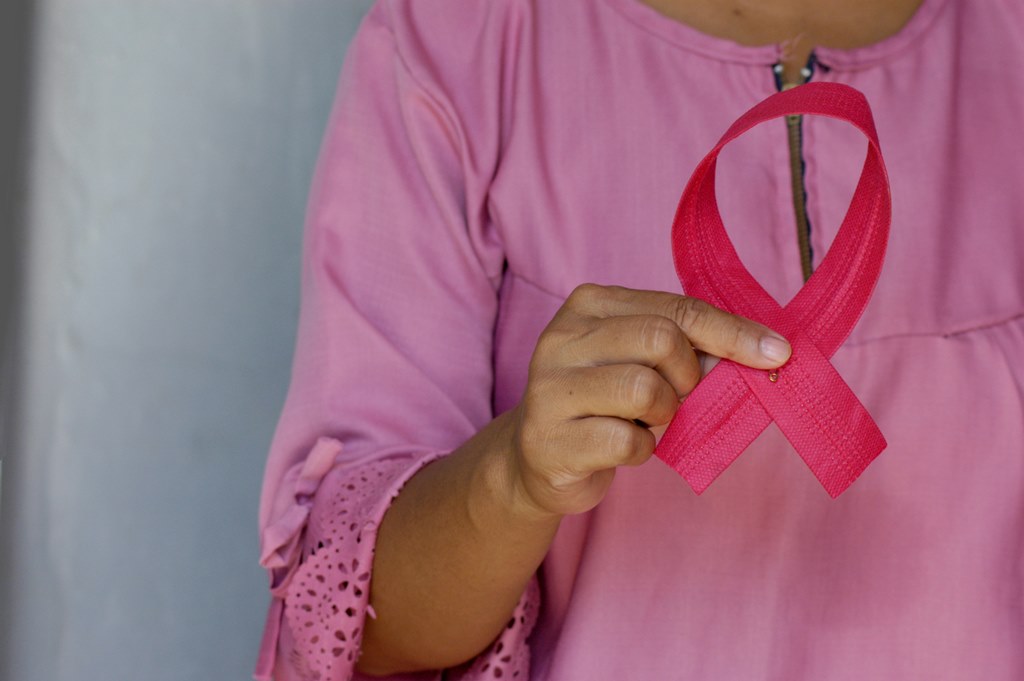Brunei Darussalam recorded 795 new cancer cases among citizens and residents in 2023, an increase from 743 cases in the previous year, according to the Brunei Darussalam Cancer Registry.
In the same year, 351 cancer-related deaths were also recorded, highlighting growing concerns over the increasing number of cancer cases in the country. Minister of Health Dato Seri Setia Dr Haji Mohd Isham bin Haji Jaafar shared these concerns in his message for World Cancer Day, which carries the theme “United by Unique.”
He noted that the most common cancers among men in Brunei are colorectal cancer (81 cases), prostate cancer (36 cases), and lung cancer (28 cases). Among women, the most prevalent cancers are breast cancer (119 cases), colorectal cancer (71 cases), and cervical cancer (63 cases).
To combat the rise in cancer cases, the Ministry of Health (MoH) has implemented several initiatives focusing on prevention, early detection, treatment, and palliative care. As part of these efforts, the National Health Screening Programme, introduced in 2019, provides free screenings for colorectal, breast, and cervical cancers for citizens and residents in all four districts.

To encourage greater participation in cancer screening, the MoH has expanded the Risk Assessment feature on the BruHealth app. Since August 2024, users have been able to register directly for breast cancer screenings, with cervical cancer screening registration added in January 2025. The app’s Risk Evaluation feature allows users to complete a questionnaire to determine their eligibility for screening. If eligible, users can book appointments directly through BruHealth and receive reminders when their screenings are due.
In August 2024, the MoH introduced the Human Papillomavirus (HPV) test as the primary screening method for cervical cancer, replacing the Pap test. The HPV screening method, recommended by the World Health Organization (WHO), detects high-risk HPV infections before cervical cell changes occur. HPV infection is the main risk factor for cervical cancer. One of the advantages of this test is the option for self-sampling, which allows women to collect their own samples using a swab. This method provides greater flexibility and privacy, potentially increasing cervical cancer screening participation. This initiative aligns with Brunei’s commitment to WHO’s global strategy to eliminate cervical cancer by 2030 and supports the achievement of related Sustainable Development Goals (SDGs).
In addition to advancements in screening and risk assessment, the MoH has enhanced breast imaging services with the opening of the Breast Imaging Centre at Raja Isteri Pengiran Anak Saleha Hospital in August 2024. This facility aims to provide women with greater confidence, comfort, and privacy during screenings.
On January 15, 2025, the Ministry of Health launched the National Cervical Cancer Prevention and Control Guidelines 2025, designed to guide healthcare professionals in implementing clinical practices and treatments that meet established standards.
Dato Seri Setia Dr Haji Mohd Isham urged all eligible citizens and residents to take advantage of the free screening services available. “Early detection provides the opportunity for timely treatment and intervention, which can improve recovery rates and prevent the disease from progressing,” he said.
Brunei offers comprehensive cancer care, including advanced treatment and management, at the Brunei Cancer Centre. The minister encouraged those affected by cancer to remain patient and resilient while undergoing treatment and monitoring. He also emphasised the importance of community support, urging individuals to assist those battling cancer in any way possible.
He stressed that individuals must take responsibility for their health by adopting preventive measures, such as quitting smoking and avoiding secondhand smoke exposure, maintaining a healthy body weight, consuming a nutritious diet with two to three servings of fruits and vegetables daily, reducing excessive fatty food intake, engaging in at least 30 minutes of physical activity five times a week, and obtaining HPV vaccination to reduce the risk of cervical cancer.
“In conjunction with World Cancer Day, let us all commit to taking action at the individual, community, and government levels to reduce the burden of cancer at both the national and global levels,” he stated.
He also highlighted the importance of involving the younger generation in cancer awareness efforts, emphasising that early education and exposure can foster a generation that prioritises prevention and early detection. Workplaces also play a crucial role by encouraging employees to adopt healthy lifestyles and participate in cancer screenings. Providing flexible working hours for screenings and organising workplace health promotion activities can further raise awareness and encourage participation.
“With collective efforts, we can prevent complications and deaths from cancer, ensure that patients receive life-saving treatment, and provide equitable care for all those affected by cancer,” he concluded. – James Kon




